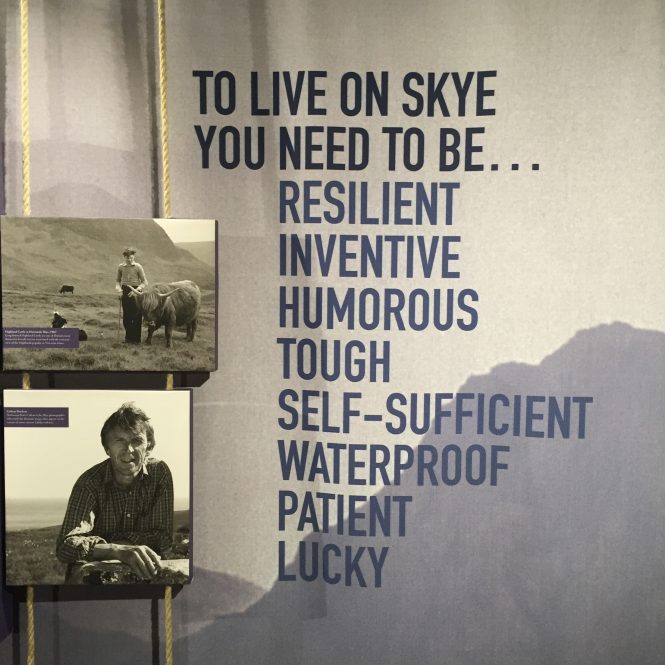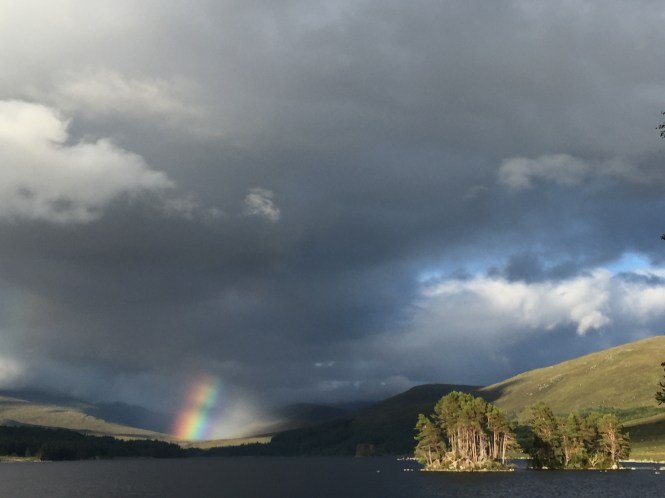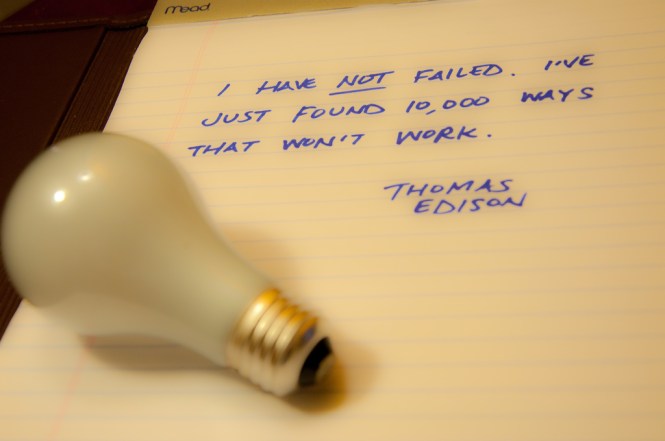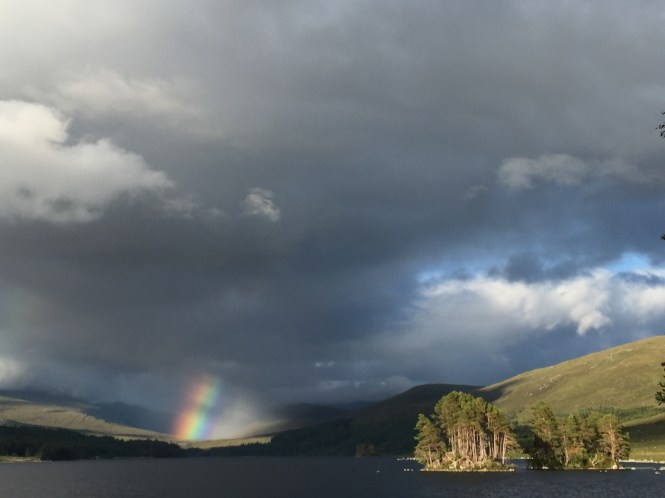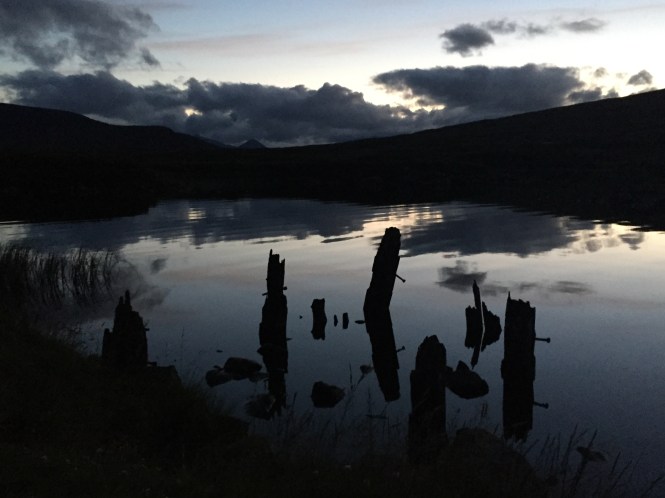
A shorter version of this post featured as the Evangelical Alliance’s Friday Night Theology post which is available here.
The Archbishop of Canterbury knew what he was doing. Ahead of his speech to the Trade Union’s Congress this week he put out a tweet teasing that it might ruffle a few feathers. He knew that it would reignite the debate that had hardly simmered down follow his involvement in the IPPR thinktank’s commission on economic justice and their report last week.
Justin Welby followed up his calls for an increased minimum wage and an overhaul in inheritance arrangements with an attack on gig-economy employers and zero-hours contracts. In questions following his speech he spoke about the Universal Credit scheme, saying that, “It was supposed to make it simpler and more efficient. It has not done that. It has left too many people worse off, putting them at risk of hunger, debt, rent arrears and food banks.”
The backlash has been intense. The front page of Thursday’s Times reported that ‘Tories blast Archbishop’, tweets flew swiftly and often without much theological nuance. After the IPPR report the Taxpayer’s Alliance perhaps took the wooden spoon for theological illiteracy with their comment: “The Archbishop seems to have forgotten Jesus’ command to ‘render unto Caesar what is Caesar’s, and unto God what is God’s’. He should stick to his important theological work and keep out of politics!”
What has not helped is the revelation – entirely predictable in an organisation with as dispersed an authority structure as the Church of England – that some cathedrals and dioceses are employing people and advertising roles on zero hours contracts. There is the attempted defence that for some these are exactly the sort of contract people want, but the problem raised in recent years is that while sometimes wanted, they are often exploited.
Trickier to navigate for the Church of England is its stake in Amazon, which was listed in the Church Commissioner’s 2017 annual report as one of its top 20 global equity investments. The defence offered is that investment in companies enables shareholder engagement which is one of the best methods of achieving change. I grant that that can make a difference, but how much engagement is required to offset how egregious the company’s activities? I also wonder if the Archbishop again knew exactly what he was doing and saw his own church’s Commissioners as one of the audiences he was trying to reach through his speech.
I see the plank in my own eye. While on holiday recently I read James Bloodworth’s Hired which details his experience working a range of low pay job with precarious employment arrangements. His work as a stock picker in an Amazon warehouse is perhaps the most shocking of the tales he tells. I squirmed slightly as I recalled that I’d bought that very book along with the rest of my holiday reading from the very same online giant. We should not require perfect morality of those who seek to address systemic problems, and low pay and precarious work are challenging public policy dilemmas of this age.
Back to the Taxpayer’s Alliance and their quoting from Mark 12, the problem is that that passage, alongside the companion section of Matthew 22, it is where I would go for a defence of Christian engagement in politics. The Herodians and Pharisees were out to trap Jesus, they wanted him either to pledge allegiance to the Roman overlords or speak out in rebellion against them. Instead Jesus did neither; the coins with Caesar’s image on were Caesar’s property, but God’s image is spread far wider than the coinage they were discussing. When Jesus says to give to Caesar what is his and to God what is God’s, Jesus is acknowledging the role of government and, by extension, of taxation. But importantly, He is also saying that all of life, even the coin, even Caesar, everything is God’s.
The commands to stand for justice which are littered throughout the Bible – for the quartet of the vulnerable, the orphan, the widow, the immigrant and the poor, as Tim Keller puts it in Generous Justice – ensure that we cannot pretend theology isn’t political and reminds us that the activity of the church is rightly concerned with the welfare of people on earth as well as their eternal salvation. It is always both/and, not either/or. Nick Spencer wrote in response to the Taxpayer’s Alliance: “Every time I imagine we have moved on from this question, I read a tweet like this one.”
We’ve had blogs galore, twitter threads expounding, confected outrage coming from the usual parties, and the inevitable responses from Christians seeking to defend Christian engagement in politics. In many ways it would be easy to rehearse the same set of arguments for engagement to respond to the volley of critiques trying to silence Christians speaking in public.
The challenge in responding to the likes of the Taxpayers Alliance, or the libertarian thinktank the IEA, or Simon Jenkins writing in the Guardian, is that in an attempt to defend Christian engagement in politics, and the vital role of Christian leaders speaking into political debate on a national level, we might be fearful of critiquing anything that is said or how it is interpreted. There can be a sense of not wanting to give any ground to those who are criticising. I have spent the last decade advocating for Christian engagement in politics, and I recognise the charge against Christians for engaging and I see the familiar critiques that don’t lose their power because they are recycled for the countless time. But I don’t think we can just rehearse the same defences.
I think it is important that we are able to recognise where Christian political engagement is valuable and where it might be problematic. My verdict on Justin Welby’s contribution over the last couple of weeks is that it is mostly good and helpful, but that positivity isn’t without some caveats.
First of all, and as is inevitable in any political engagement, I don’t agree with all that he said. Two things stood out for me, I thought his rhetoric about the gig-economy being the reincarnation of an ancient evil was unnecessary hyperbole – especially if there is some defence for their use in some contexts. Second, and the more I’ve thought about it the more I am troubled by this is his comment: “Today I dream that governments, now and in the future, put church-run food banks out of business. I dream of empty night shelters. I dream of debt advice charities without clients.”
The second part of that I can’t disagree with, but it’s the idea of the government putting church activities out of business that represents a very statist view of poverty relief. A conservative would surely argue that it’s the role of businesses employing people and paying a good wage that would put food banks out of business. I also wonder what other aspects of the church’s ministry the Archbishop wants to be rendered obsolete by the government. How about moral education? Is Welby really asking that churches are left with nothing to do but run church services every Sunday? I can’t believe he really thinks that, but nor can I understand such a careless choice of words.
The second caveat I would want to add, and I think more significantly, is insisting that our beliefs have a political application does not give us a carte blanche to engage in whatever way we choose. There are a couple of questions that it is helpful to ask about Welby’s intervention. Is it what he said that is problematic or where he said it? And is it more or less of a problem because it is the Archbishop of Canterbury rather than any other church leader?
On the latter question his position is unique: not only does he also occupy a seat in the House of Lords but he is also the leader of the Church of England and by virtue of the establishment of that church, the de facto Christian leader of England. That means he isn’t just any old church leader speaking out. He has a platform that is rarely afforded to others, and the use of that platform is worthy of scrutiny, which leads to the first question.
Christians in the UK tend to vote across party lines. Research from the Evangelical Alliance before the 2015 general election, suggested that Evangelicals broadly planned to vote in a similar fashion to the wider population. When a key leader is associated with organisations and platforms – the IPPR thinktank and the TUC – that are aligned with part of the political spectrum there is the risk that it sends two damaging signals.
First to the general public, the media and politicians, that Christians are predominantly to be found in that party camp. And second, to Christians, that their views have greater or less legitimacy depending whether they cohere with what that party says. Despite protestations of non-partisan political engagement, implicit signals carry strength.
When the leader of the opposition is tweeting supportive quotes of your speech and congratulating you for being part of a growing movement, I think there is license for concern. Lord Bourne, the Conservative government minister for faith, was relatively magnanimous, in while telling The Times that he disagreed with the Archbishop that: “I think it’s the role of regions and religious leaders to occasionally be that bit of grit in the oyster and make us feel a little bit uncomfortable.”
A challenge for local church leaders when considering the Archbishop’s intervention this week is, what does this mean for me? Where should I speak up and where should I stay quiet?
As a rule, I think where it is encouraging political engagement, speaking up is vital, and when it is speaking for the disenfranchised and those who have the least, it is biblically commanded. All of this can be done without signalling party political support. I would be wary of platforms offered by political parties, or campaigns clearly associated with one party – they will often want the endorsement of local leaders to give their campaign legitimacy and help recruit more supporters.
Next week the media will have moved on from Welby’s intervention, but politics will always be with us. Both locally and nationally political engagement is an important outworking off our beliefs. For some that will mean engaging in the party system – it’s a crucial way of achieving change. For other that will mean campaigning, for others working to achieve change in businesses and communities across the UK.
When we engage we should focus on speaking up for the justice that God commands, for the freedom God brings, and for the truth of His word.





